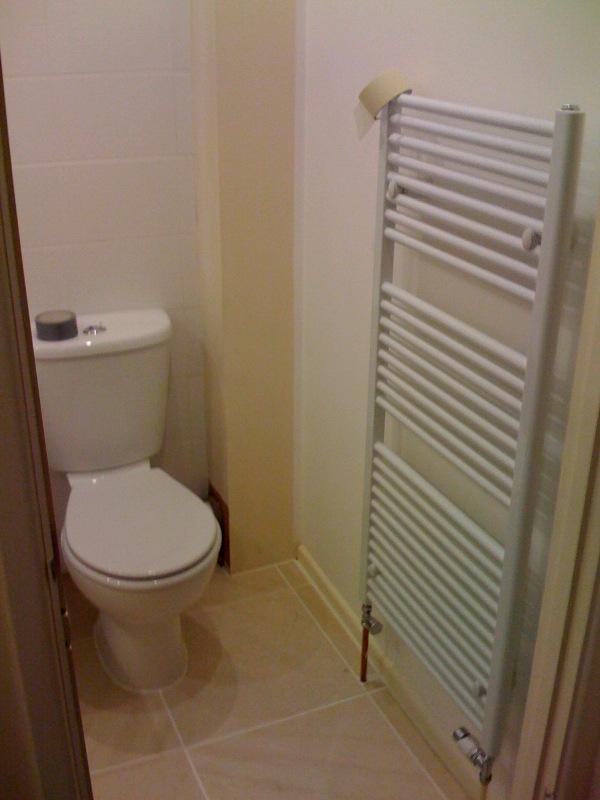Hello,
Just finished tiling my bathroom and realised my mistake too late!! The floor is tiled on timber floorboards with a sheet of ply on top. The adhesive is wickes wall & floor adhesive, with no flexible additive. The grout is normal too. Problem is the grout has now cracked.
Can I simply replace the grout with flexible grout?? I really don't want to try and replace the adhesive!
My second question is related to sealing limestone. I have used HG stain protector, 2 coats. The water does not bead on the surface. Do i need to use another product? any recomendations
Any help appreciated
Thanks
Just finished tiling my bathroom and realised my mistake too late!! The floor is tiled on timber floorboards with a sheet of ply on top. The adhesive is wickes wall & floor adhesive, with no flexible additive. The grout is normal too. Problem is the grout has now cracked.
Can I simply replace the grout with flexible grout?? I really don't want to try and replace the adhesive!
My second question is related to sealing limestone. I have used HG stain protector, 2 coats. The water does not bead on the surface. Do i need to use another product? any recomendations
Any help appreciated
Thanks


